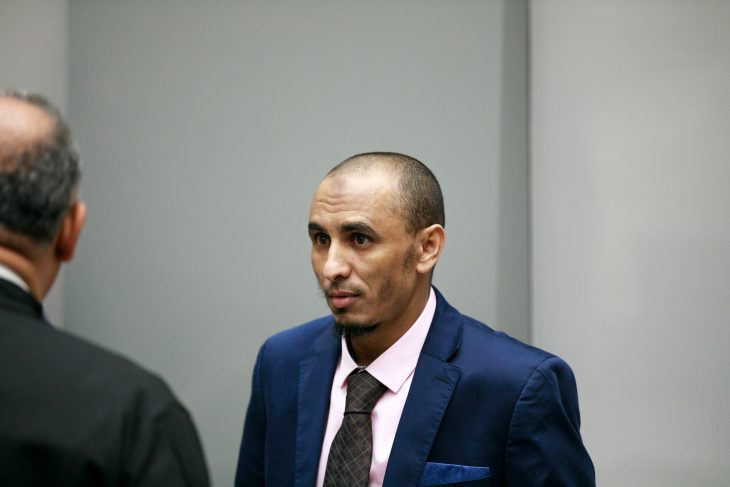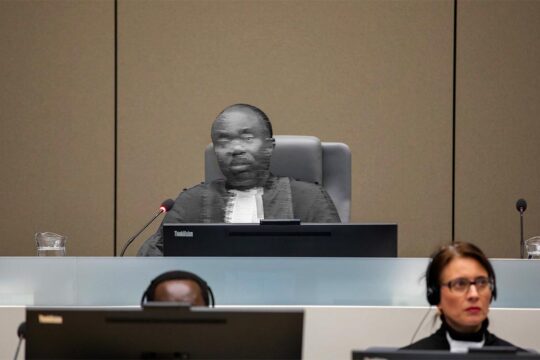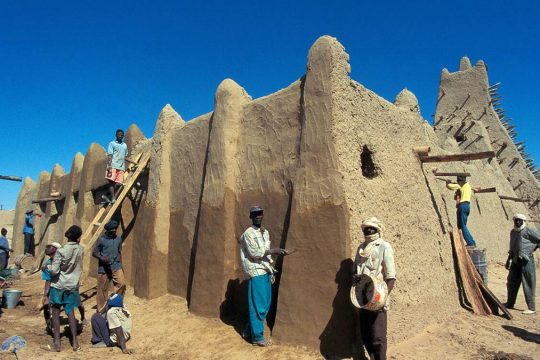The appearance of the former Islamist police chief of Timbuktu (northern Mali) before the International Criminal Court (ICC) was a highlight of this week in transitional justice. “Al Hassan” is suspected of war crimes and crimes against humanity and was transferred to the ICC from Mali on March 31.
Malian civil society expressed satisfaction at the appearance of this second Jihadist before the ICC. It comes after the ICC’s trial and conviction of Ahmad Al-Faqi Al-Mahdi, alias “Abu Turab”, for the destruction of Timbuktu’s cultural heritage during its occupation by the militant Jihadist group Ansar Dine.
After giving the impression it was most interested in the town’s religious heritage, the ICC is in this new case finally looking at serious violations against people, notably women, during the Jihadist occupation of northern Mali.
But satisfaction is mixed with bitterness, as JusticeInfo’s Bamako correspondent Bokar Sangaré writes. “Al Hassan’s transfer to the ICC, after that of Al Faqi, appears to many as the trees that hide the forest of inadequacies of Mali’s judicial system,” he says. “In Timbuktu, people are protesting the fact that former members of the police are still free.” And he quotes an inhabitant of Timbuktu as saying that “Al Hassan is small fry who is to pay in the place of the big fish”.
Similar concerns in Gambia
There are similar concerns in Gambia, where victims of the former Jammeh dictatorship feel ignored by the new government of Adama Barrow, elected president in 2016. “Victims tortured by the former regime do not feel sufficiently supported by the new administration,” writes Maxime Domegni, JusticeInfo’s special envoy to Gambia. “They have no sympathy for us, says Zeynab Lowe, whose soldier brother disappeared after his arrest in 2006 in a murky case of an alleged failed coup.”
Victims represented in the Gambia Centre for Victims of Human Rights Violations think the government is not taking their concerns seriously, although thousands of Gambians still feel the effects of their suffering during the 22-year dictatorship. The Centre’s leaders say they have only been received for a few minutes by an indifferent President Barrow, whilst a minister has opposed the creation of a Truth Commission.
Old regime fights back in Tunisia
There is the same regression in Tunisia, according to Eric Gobe of the Institute for Research on the Contemporary Maghreb (IRMC), which is attached to the French National Centre for Scientific Research (CNRS). He says the “counter-revolutionary” narrative maintained by members of the old regime is imposing itself more and more in the public space. “The proposed laws on economic and financial reconciliation, the law on administrative reconciliation and now parliament’s refusal to extend the mandate of the Truth and Dignity Commission show that those in power want to put an end as quickly as possible to the action of the Tunisian Truth Commission,” he says.






